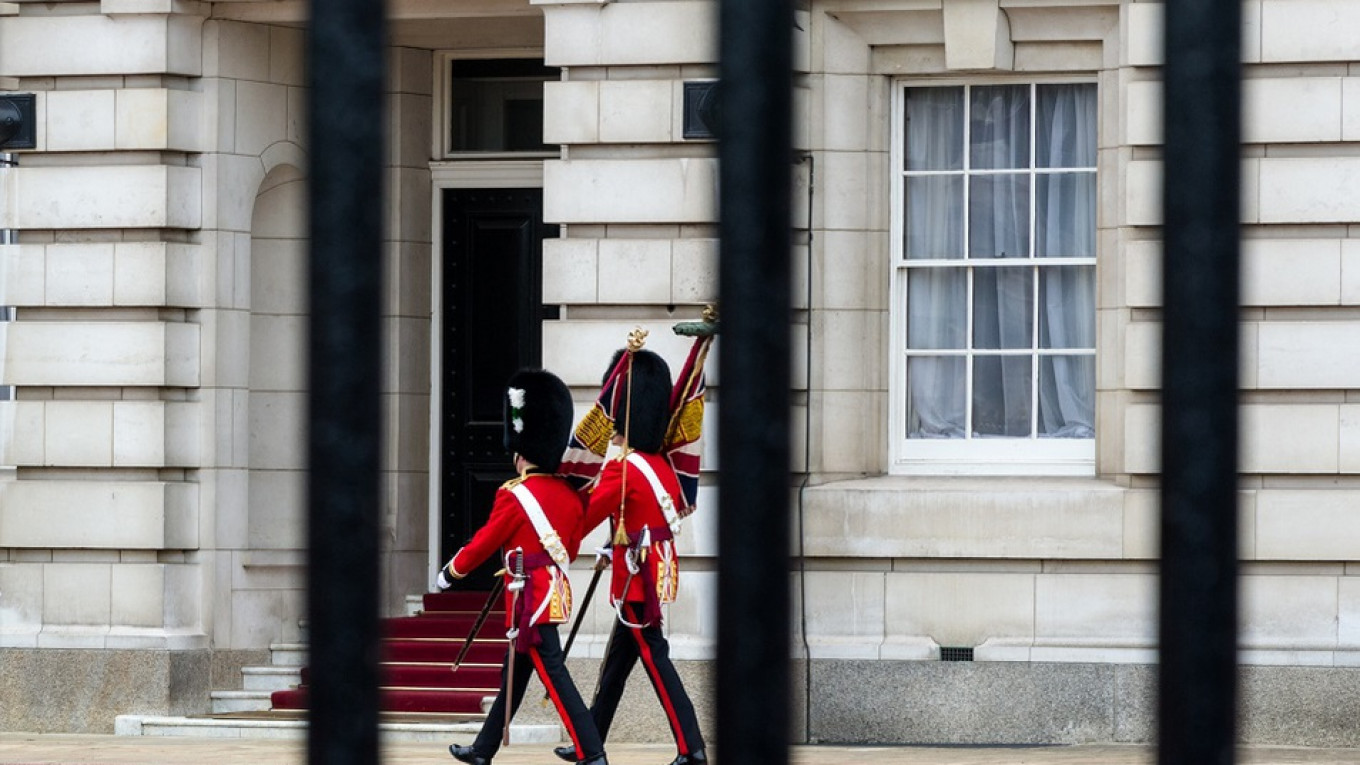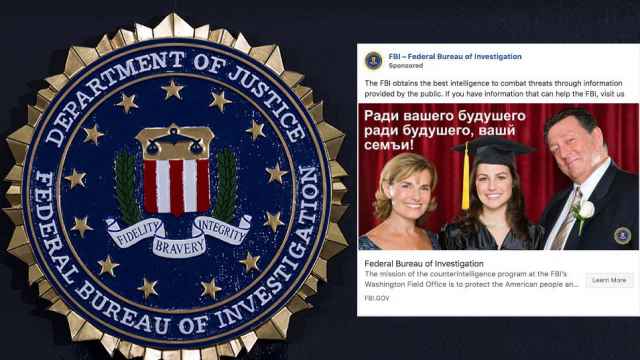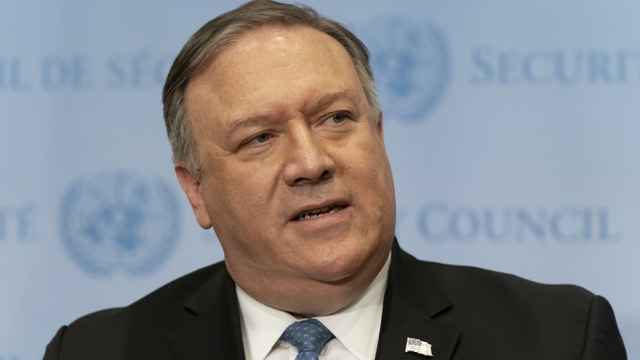A former U.S. Marine charged with espionage in Russia is reportedly a dual citizen of the United States and the United Kingdom.
Russia's Federal Security Service (FSB) detained Paul Whelan, 48, in Moscow last Friday in a case which threatens to aggravate diplomatic tensions with the West. On Thursday, Whelan’s lawyer confirmed he had been charged with espionage, meaning he could face up to 20 years in prison if convicted.
Later Thursday Britain’s The Guardian and The Times publications reported that Whelan is a dual citizen of the United States and the United Kingdom.
U.S. Embassy officials in Moscow contacted the British Embassy to inform them of “his status as a British citizen,” according to The Times.
Both outlets quoted a Foreign Office spokesman as saying that British diplomats “have requested consular access to a British man detained in Russia after receiving a request for assistance.”
Initial reports also suggested that Whelan, who was born to British parents in Ottawa before eventually settling in Michigan, may hold a Canadian passport. The Canadian CBC broadcaster quoted a Canadian foreign ministry spokesperson Wednesday as saying that “consular officials are aware that a Canadian citizen has been arrested in Russia.”
Russia’s Foreign Ministry confirmed Whelan’s British citizenship to the state-run RIA Novosti news agency on Friday.
British Foreign Secretary Jeremy Hunt said Friday that the U.K. has offered Whelan consular assistance but noted that: "The United States are leading on this because he is a British and American citizen."
U.S. Ambassador Jon Huntsman visited Whelan on Wednesday at the infamous Lefortovo prison in Moscow, where he could remain in custody until at least Feb. 28.
Reuters contributed reporting to this article.
A Message from The Moscow Times:
Dear readers,
We are facing unprecedented challenges. Russia's Prosecutor General's Office has designated The Moscow Times as an "undesirable" organization, criminalizing our work and putting our staff at risk of prosecution. This follows our earlier unjust labeling as a "foreign agent."
These actions are direct attempts to silence independent journalism in Russia. The authorities claim our work "discredits the decisions of the Russian leadership." We see things differently: we strive to provide accurate, unbiased reporting on Russia.
We, the journalists of The Moscow Times, refuse to be silenced. But to continue our work, we need your help.
Your support, no matter how small, makes a world of difference. If you can, please support us monthly starting from just $2. It's quick to set up, and every contribution makes a significant impact.
By supporting The Moscow Times, you're defending open, independent journalism in the face of repression. Thank you for standing with us.
Remind me later.






